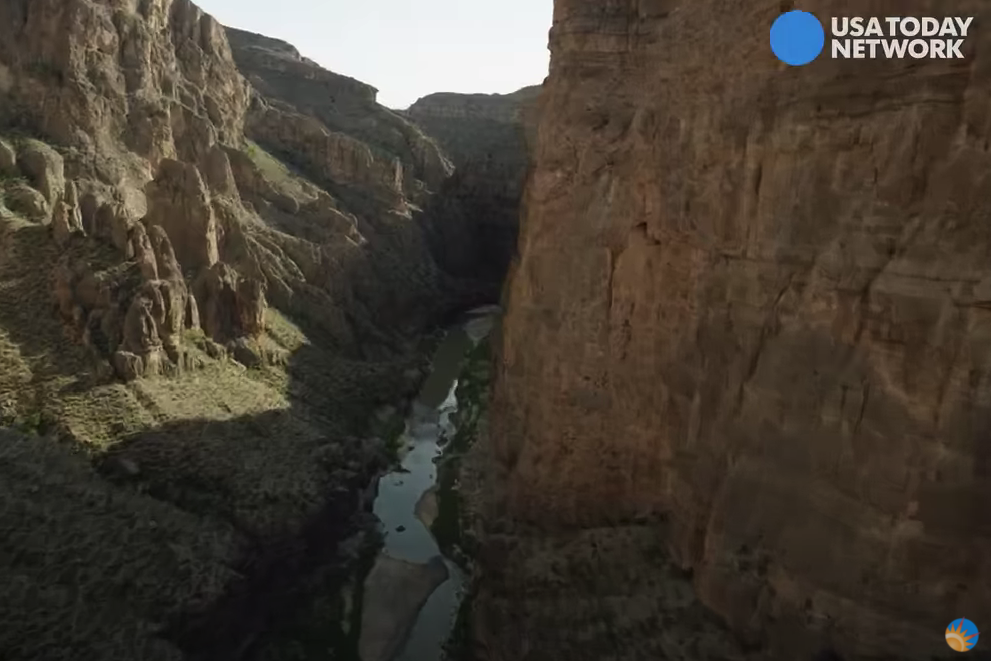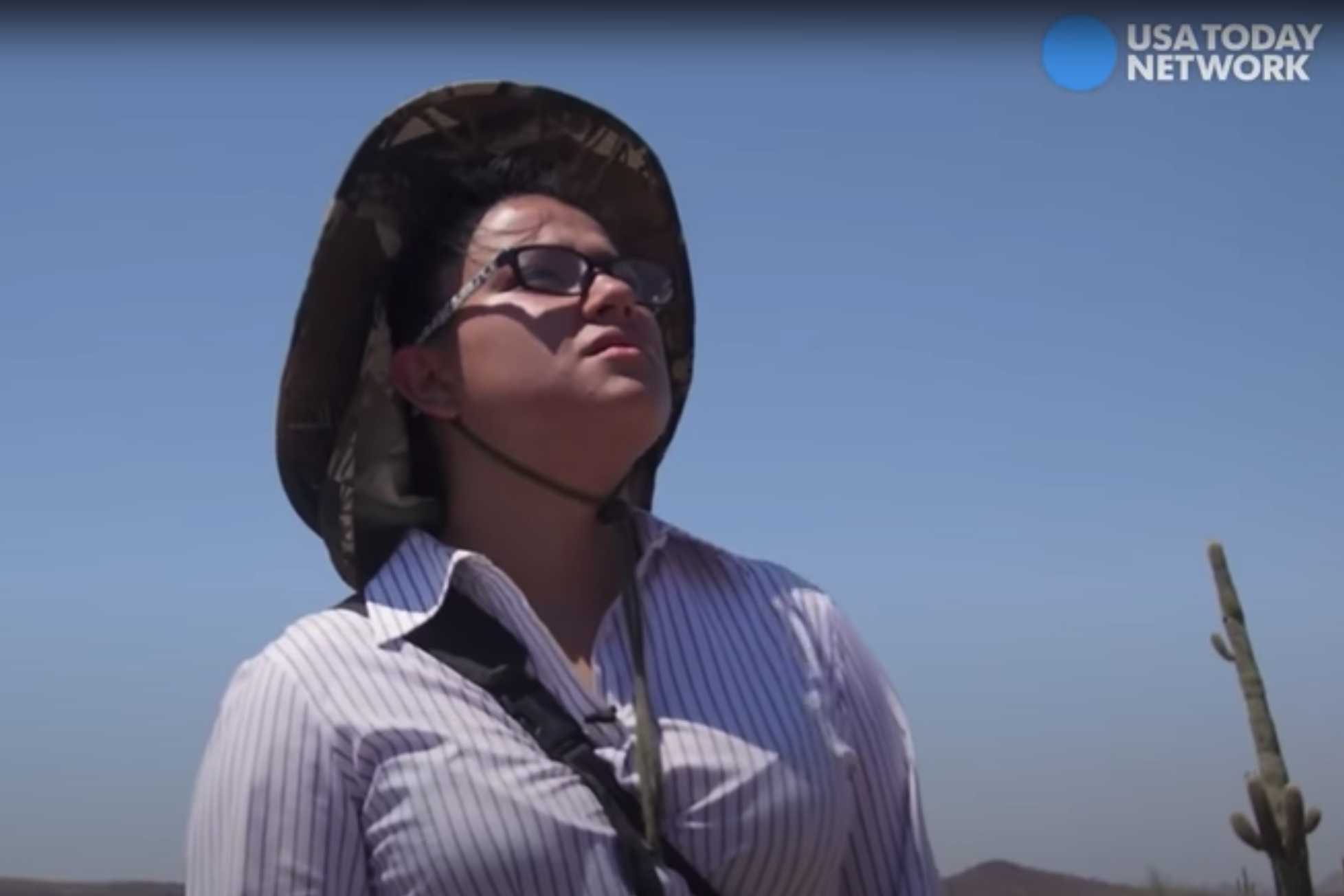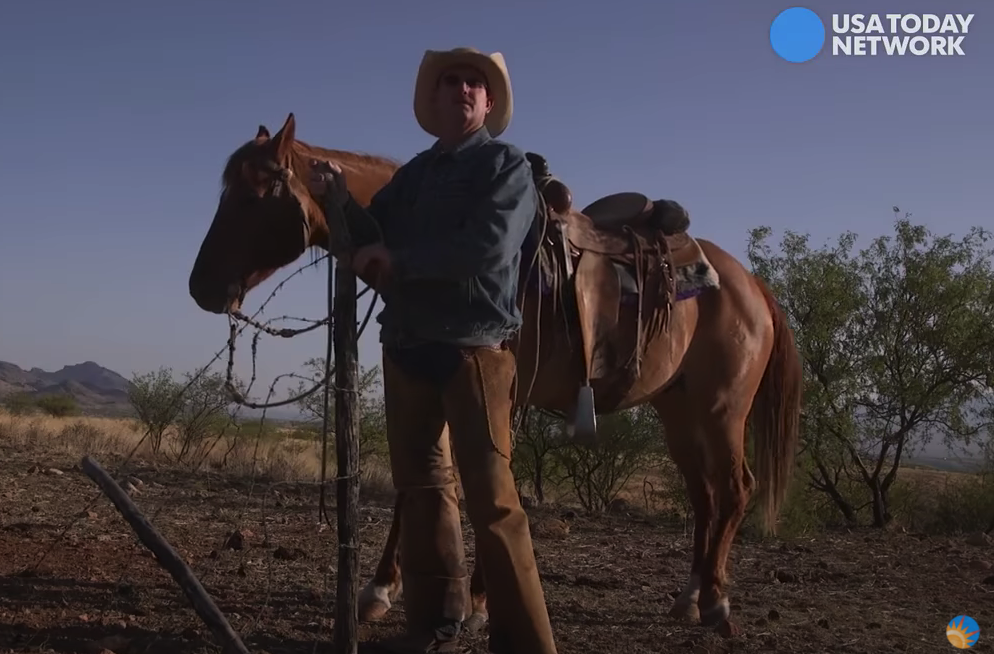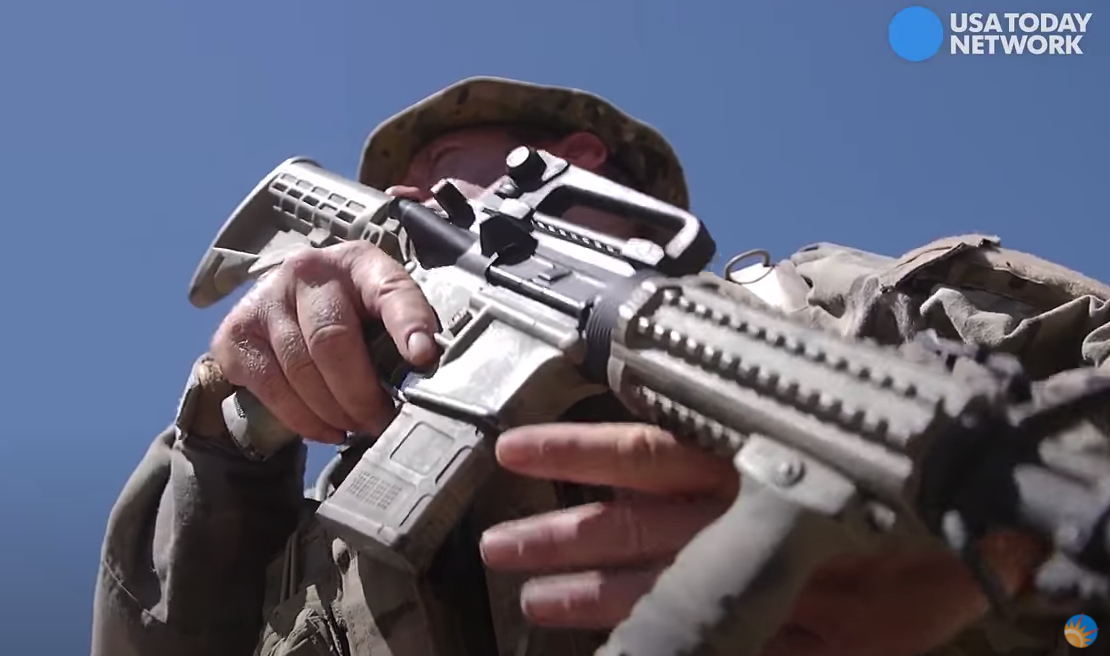David Wallace

David Wallace
David Wallace is the founder of David Wallace Visuals who previously spent 20 years as a staff photographer and and video producer at newspapers throughout the country. He was a senior producer and strategist for documentary video with the Arizona Republic/azcentral.com and before that, a senior staff photographer at the Arizona Republic. His visual journalism work also includes stints at newspapers in Iowa, Florida and Michigan. He has documented issues ranging from the U.S./Mexico border to the environment to child welfare.
Wallace was one of the first on the ground following the Yarnell Hill Fire that killed 19 wildland firefighters in Arizona. He covered Pope Francis’ inaugural visit to Mexico, disappearing glaciers in Peru, uranium contamination on the Navajo Nation and two Super Bowls, just to name a few. He was one of the primary members of the Arizona Republic reporting team that won a Pulitzer Prize for Explanatory Reporting in 2018 for its coverage of the U.S./Mexico border. He has also won numerous awards in photo and video journalism, from the Nation Press Photographers Association, National Academy of Television Arts and Sciences, Associated Press Managing Editors and the Society of Professional Journalism.
An avid outdoorsman, Wallace’s interests include hiking, canyoneering and running. In 2001, Wallace thru-hiked the entirety of the 2,650-mile long Pacific Crest Trail from Mexico to Canada.
Biography text taken from Wallace's portfolio website.
2018 Winner
Explanatory Reporting
"For vivid and timely reporting that masterfully combined text, video, podcasts and virtual reality to examine, from multiple perspectives, the difficulties and unintended consequences of fulfilling President Trump's pledge to construct a wall along the U.S. border with Mexico." - Pulitzer Board
Wallace was one of two principal videographers on the project, which consisted of 15 documentary videos. He was also the main video editor. Wallace spent three-and-a-half months with a reporter and photographer in the field talking to the people most affected by the border. That was followed by another three months of editing. Newsrooms from the Arizona Republic and the USA TODAY NETWORK collaborated on the project.
The Border Wall: A 2,000 Mile Journey
A detailed look at the geographic and logistical challenges and consequences of a wall plan for the 2,000-mile U.S.-Mexico border.
Border Crossings: A Deadly Desert
Migrants are forced to embark on days-long treks in extreme desert temperatures to avoid border patrol in their attempts to cross into the U.S. The dangerous path has claimed many lives.
Ranchers: Violence on the Land
Cattle ranchers with land along the U.S.-Mexico border have a long history of encounters, sometimes deadly, with border crossers and drug mules.
A group of armed volunteers make up the Arizona Border Recon, a civilian group that patrols border land in Arizona to combat drug smuggling and unauthorized immigration.
Undeterred Migrants: A Final Journey?
Two men who fled bleak futures in Honduras bide their time in a Mexican border city as they await an opening to achieve their dream of reaching the U.S.
Behind the Scenes

Wallace in a truck documenting a humanitarian group, No More Deaths, while heading out with other volunteers to search for the remains of migrants who died in remote rugged terrain after crossing the U.S. border illegally in triple-digit temperatures through the Organ Pipe Cactus National Monument near Ajo, Ariz.
By Nick Oza/USA TODAY NETWORK

Wallace celebrates finding out the news of his team's 2018 Pulitzer Prize.

Wallace, far right, presents to a group of RIT Photojournalism students about his Pulitzer Prize-winning work. In 2019, Wallace and fellow RIT graduates and Pulitzer Prize winners and finalists Paula Bronstein (far left), David Carson (second from left) and Edmund Fountain (third from left) visited campus for a series of events.





